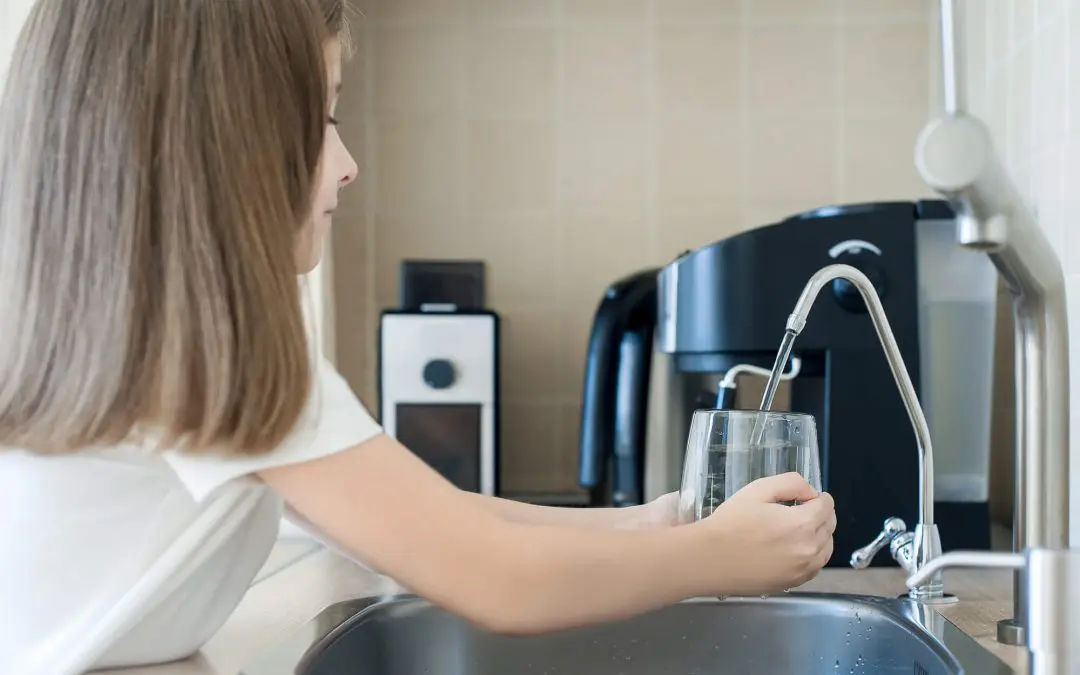Most people take water for granted, but the quality of the water running through your home is not guaranteed. Even if it looks clear and tastes fine, there could be contaminants present that affect your health and your home’s plumbing system. That’s where professional water testing comes in. A certified test will provide peace of mind by identifying issues you may not otherwise notice. From bacteria to minerals and chemicals, testing helps uncover potential problems before they become costly or hazardous.
Common Issues Found Through Water Testing
One of the most significant benefits of professional water quality testing is that it will detect issues invisible to the naked eye. For example, high levels of iron or manganese may leave stains on sinks and laundry, while excessive hardness could damage appliances like dishwashers and water heaters. More concerning, however, is the presence of harmful bacteria, pesticides, or lead, which pose health risks if consumed. With testing, you gain a clear picture of your water’s quality, so you know whether filtration, treatment, or plumbing adjustments are necessary.
Health Benefits of Water Testing
Clean drinking water is important for good health, and professional testing guarantees that what you and your family consume daily is safe. Contaminants such as lead, arsenic, or nitrates have serious long-term health effects, particularly for children, older adults, or those with compromised immune systems. Even low levels of certain contaminants, if consumed over time, could create health issues. Water quality testing gives accurate results, so you can make informed decisions to protect your family’s well-being.
Protecting Your Home and Appliances
Water quality doesn’t just affect your health; it also impacts your home itself. Hard water, for instance, will build up in pipes and reduce water flow. It also shortens the lifespan of appliances like washing machines, coffee makers, and water heaters by causing scale deposits. By investing in professional water quality testing, you could address these problems early and choose solutions that extend the life of your home’s systems and appliances. This proactive step will save you significant repair and replacement costs over time.
Why Professional Testing is More Reliable
Do-it-yourself testing kits are available, but they are not nearly as comprehensive or reliable as professional testing. Home kits may detect some issues, but they often miss key contaminants or provide unclear results. On the other hand, professional quality testing is conducted in certified labs using advanced methods that test for a wider range of possible contaminants. The results are more accurate and give you actionable information you could use to improve water quality effectively.
When Should You Consider Water Testing?
Many homeowners assume that their water is automatically safe if they are connected to a municipal water system. While city water is regulated, issues could still arise from old pipes, cross-contamination, or treatment breakdowns. Private well owners are especially encouraged to schedule routine testing, since well water is not regulated in the same way. It’s a good idea to consider testing if you’ve noticed changes in your water’s taste, odor, or color, if your home is older, or if you have family members with sensitive health conditions.
Making Testing Part of Your Home Maintenance
Just as you maintain your HVAC system or schedule a maintenance inspection, water testing should be part of your regular home maintenance routine. Clean, safe water is a necessity, and testing guarantees you know exactly what is flowing from your faucets. Including quality testing in your long-term home care plan protects your health while preserving your home’s value. It’s an investment that pays off in peace of mind and savings.
FAQs
How often should I schedule professional water testing?
Most experts recommend testing your home’s water annually, particularly if you rely on a private well. However, if you notice any sudden changes in water quality, you should schedule a test immediately.
Can testing detect lead contamination?
Yes. Professional testing is designed to detect harmful contaminants like lead, often leaching from older plumbing pipes or fixtures.
What happens if problems are found?
Solutions may include water filtration systems, softeners, or plumbing updates if contaminants are detected. A professional will help you choose the right system for your needs.
Is water testing only necessary for private wells?
No. Even homes connected to city water systems could face issues from outdated infrastructure or local contamination. Water testing is valuable for every homeowner.
Robertson Home Inspection offers inspection services in the Piedmont Triad area of North Carolina. Contact us to schedule an appointment.

